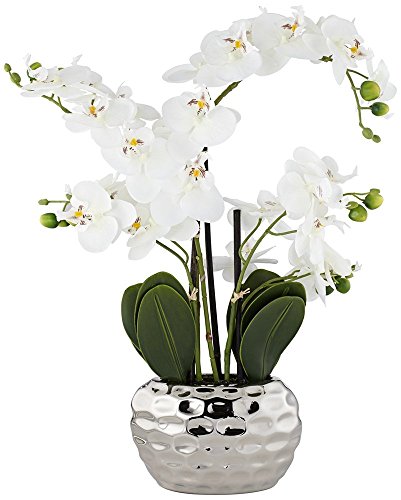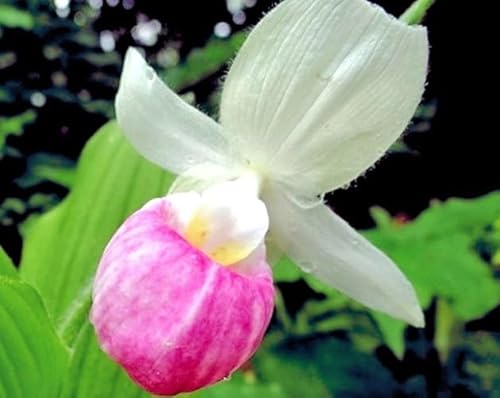During a complete vegetation cycle when do you stop the fertiliser distribution? (if this is necessary of cause!). I presume it is before the flowering but at which state of development of the shoot or of the spathe?
I am not using a bloom booster fertiliser but a 3-1-2 or a MSU belgian copy.
I ask this question because I have observed that some of my Cattleya have aborted their flowering this year.
I am not using a bloom booster fertiliser but a 3-1-2 or a MSU belgian copy.
I ask this question because I have observed that some of my Cattleya have aborted their flowering this year.















































